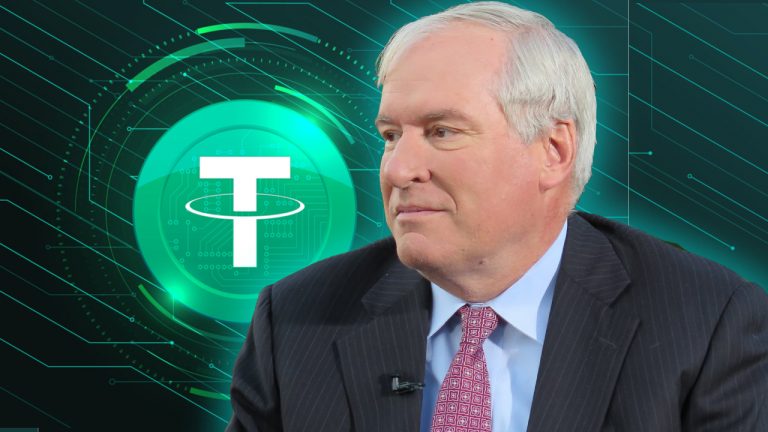
Troubled exchanges like Binance and Coinbase might not be the biggest trading venues for Bitcoin, Samson Mow hinted.
Amid the panic over lawsuits against major cryptocurrency exchanges, one Bitcoin (BTC) advocate argued that the BTC market is much bigger than the one tracked by exchanges.
The total Bitcoin market is not limited to Binance, Coinbase or any other crypto exchange, Jan3 CEO Samson Mow told Cointelegraph at the BTC Prague conference on June 9.
“Whereas I think for Bitcoin, it's much harder to quantify how much of the market it is. It's because a lot of Bitcoin trades are block trades,” Mow said.
In mentioning Bitcoin block trades, Mow referred to private trading channels which allow investors to privately negotiate and proceed with large BTC buy or sell orders. Some of such channels include peer-to-peer (P2P) or over-the-counter (OTC) deals, he noted, adding:
“You kind of have this black box around Bitcoin. You don't really know how much the market is total. If Bitcoin functions as P2P, you're not going to quantifiably measure how much Bitcoin is traded.”
Indeed, private Bitcoin trading channels like P2P or OTC are not included in total BTC trading volumes on major crypto tracking websites like CoinGecko. That means that Bitcoin’s daily trading volume is actually bigger than $9.6 billion recorded at the time of writing.
“CoinGecko only tracks trades happening on crypto exchanges and does not track trades happening on P2P platforms and brokerages,” CoinGecko co-founder and chief operating officer Bobby Ong told Cointelegraph.
“P2P platforms include places such as Binance P2P, Huobi P2P, Paxful, Remitano and so on,” the executive noted. CoinGecko has no plans to track such platforms in the near future, Ong noted.
Related: Binance.US halts trading for dozens of USDT, BTC, BUSD pairs amid SEC lawsuit
Apart from P2P, CoinGecko also doesn’t record institutional trades on OTC, Ong said, adding:
“Institutional trades that happen on exchanges that we track are recorded. OTC trades are not recorded as it's like a P2P trade but between large entities.”
The new remarks from Jan3 CEO may imply that cryptocurrency exchange moguls like Binance or Coinbase might not dominate the Bitcoin market as much as some might think.
In January 2023, the Norwegian crypto research firm K33 Research — formerly known as Arcane Research — said that Binance handled 92% of the Bitcoin spot market in 2022. “No matter how you look at it in terms of trading activity, Binance is the crypto market,” the firm wrote at the time.
Magazine: Bitcoin is on a collision course with ‘Net Zero’ promises










